15 Surprising Foods To Avoid If You Have High Cholesterol
In today's health-conscious world, many individuals diligently monitor their cholesterol levels, aware of the risks associated with elevated cholesterol, such as heart disease and stroke. However, despite best efforts, cholesterol levels can sometimes creep up unexpectedly. This can be attributed to a variety of sneaky culprits hidden within our diets that many people may overlook. These seemingly innocuous foods and ingredients can stealthily elevate cholesterol levels, posing a silent threat to our health. By understanding these hidden threats, individuals can make informed dietary choices, ultimately taking control of their cholesterol levels and safeguarding their health.
1. Trans Fats: The Hidden Villains in Processed Foods

Trans fats are notorious for their adverse effects on cholesterol levels. Commonly found in processed foods, baked goods, and fried items, these artificial fats are created through hydrogenation, which solidifies liquid oils. This process extends shelf life and enhances flavor, making trans fats a popular choice in the food industry. However, their impact on health is detrimental, as they raise LDL cholesterol while simultaneously lowering high-density lipoprotein (HDL) cholesterol, the "good" cholesterol that helps remove LDL from the bloodstream. Despite growing awareness and regulatory efforts to reduce trans fat content in foods, they still lurk in many unsuspecting places. Foods labeled as "partially hydrogenated" often contain trans fats, and even those marketed as "zero trans fat" can have trace amounts if consumed in large quantities. It's crucial to read labels carefully and be aware of the hidden presence of trans fats in everyday foods like margarine, snack foods, and fast food.
Eliminating trans fats from the diet can be challenging, especially for those who rely on convenience foods. However, opting for natural, unprocessed foods and cooking at home with healthy oils such as olive or canola oil can significantly reduce trans fat intake. By being vigilant and making informed choices, individuals can protect their heart health and maintain balanced cholesterol levels.
2. Saturated Fats: The Common Culprits in Everyday Meals
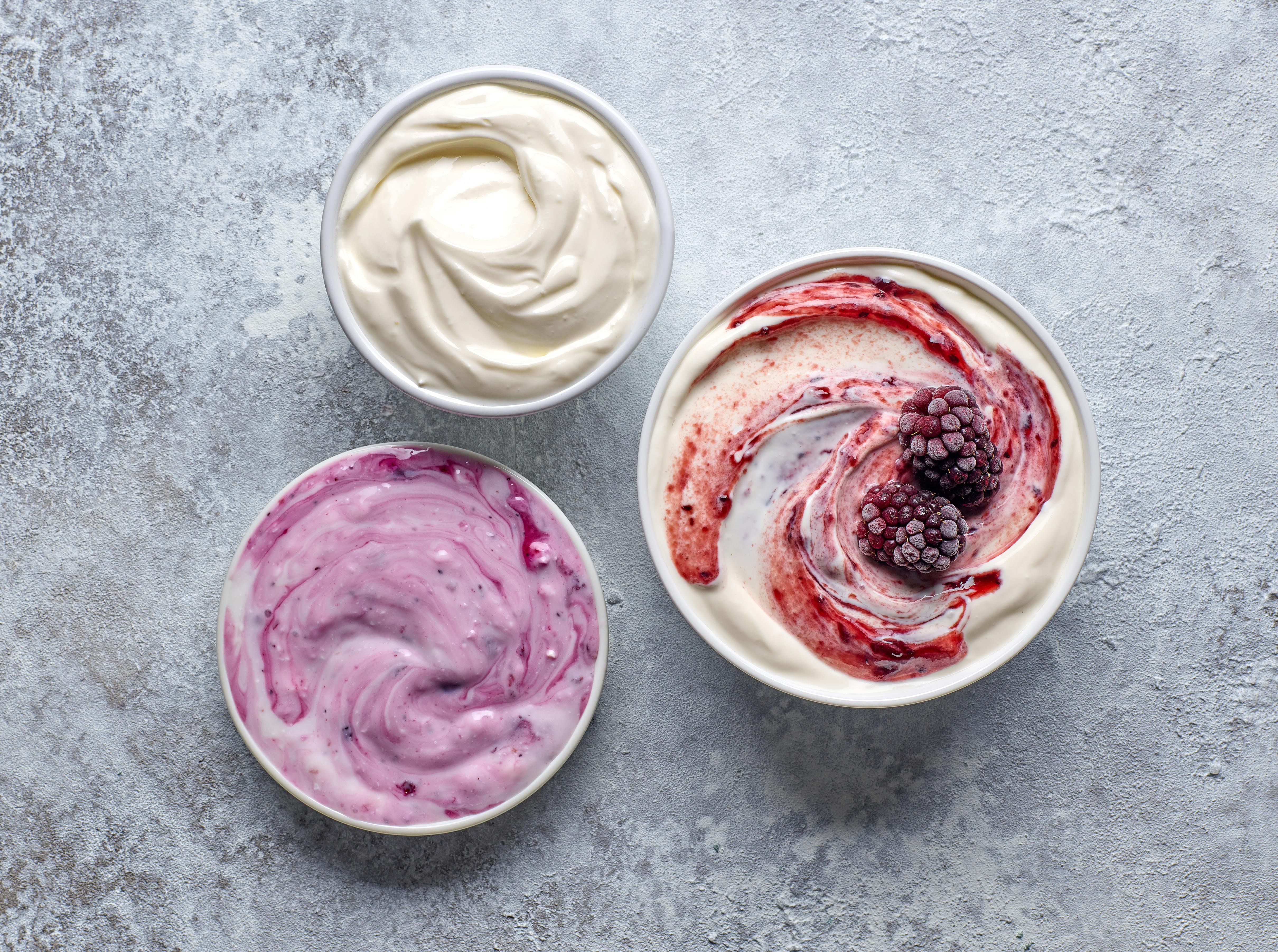
Saturated fats are another major contributor to elevated cholesterol levels. Found predominantly in animal products such as meat and dairy, as well as in some plant oils like coconut and palm oil, saturated fats can raise LDL cholesterol when consumed in excess. While the body needs some saturated fat for energy and cell function, overconsumption can lead to health issues. Many people unknowingly consume high levels of saturated fats through everyday meals. Popular foods such as burgers, sausages, cheese, and butter are rich in saturated fats, making them common culprits in boosting cholesterol. Even seemingly healthy options like yogurt and milk can contain significant amounts of saturated fat, depending on their fat content.
Reducing saturated fat intake involves making mindful choices about food preparation and selection. Opting for lean cuts of meat, low-fat dairy products, and plant-based alternatives can help manage saturated fat consumption. Additionally, incorporating more fruits, vegetables, and whole grains into the diet can naturally reduce the reliance on high-saturated-fat foods, promoting better heart health and balanced cholesterol levels.
3. Red Meat: A Double-Edged Sword for Cholesterol

Red meat, a staple in many diets, is often scrutinized for its impact on cholesterol levels. While it provides essential nutrients such as protein, iron, and zinc, red meat is also high in saturated fats, which can raise LDL cholesterol. The type of red meat and its preparation method can significantly influence its effect on cholesterol levels. Processed red meats, such as bacon, sausages, and deli meats, are particularly harmful due to their high saturated fat and sodium content. These foods can contribute to cholesterol elevation and increase the risk of heart disease. Even unprocessed red meats, like beef and lamb, should be consumed in moderation to avoid excessive saturated fat intake.
Balancing red meat consumption with plant-based proteins can help manage cholesterol levels. Incorporating legumes, nuts, and soy products into meals can provide essential nutrients without the added saturated fats. Additionally, choosing lean cuts of red meat and using healthier cooking methods, such as grilling or baking, can further reduce saturated fat intake, supporting heart health and cholesterol management.
4. Full-Fat Dairy: A Creamy Contributor to Cholesterol

Full-fat dairy products, such as whole milk, cheese, and cream, are delicious yet significant sources of saturated fats. These creamy delights can contribute to elevated cholesterol levels if consumed in excess. The rich texture and flavor of full-fat dairy make it a popular choice, but it's essential to be mindful of its impact on cholesterol. Many people unknowingly consume large amounts of full-fat dairy through everyday foods like coffee creamers, desserts, and sauces. While dairy provides vital nutrients like calcium and vitamin D, the saturated fat content can overshadow these benefits if not consumed in moderation. Opting for low-fat or non-fat dairy alternatives can help manage cholesterol levels without sacrificing nutritional value.
For those who enjoy the taste of full-fat dairy, moderation is key. Balancing dairy intake with other nutrient-dense foods can create a well-rounded diet that supports heart health. Additionally, exploring plant-based dairy alternatives, such as almond milk or coconut yogurt, can provide similar flavors with less saturated fat, offering a heart-friendly option for dairy lovers.
5. Shellfish: The Surprising Source of Dietary Cholesterol
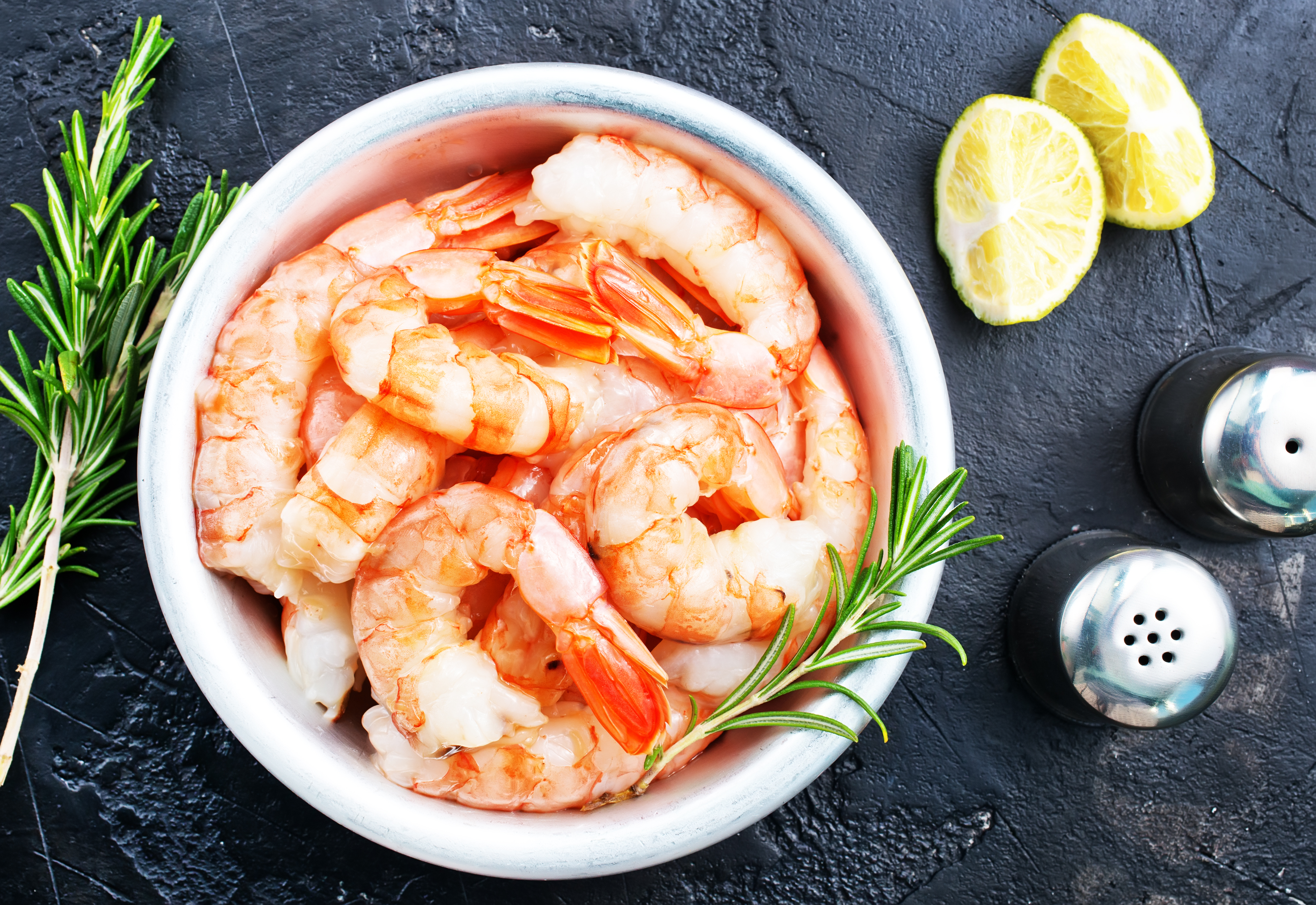
Shellfish, including shrimp, crab, and lobster, are often celebrated for their delicate flavors and health benefits, such as being low in fat and high in protein. However, they are also surprisingly high in dietary cholesterol. Despite their cholesterol content, shellfish have a complex relationship with blood cholesterol levels, as they contain omega-3 fatty acids that support heart health. While dietary cholesterol was once thought to have a direct impact on blood cholesterol levels, recent research suggests that its effect is less significant than previously believed. However, for individuals with existing high cholesterol or heart disease, it's advisable to consume shellfish in moderation.
Incorporating shellfish into a balanced diet can provide essential nutrients without significantly impacting cholesterol levels for most people. Pairing shellfish with fiber-rich foods, such as vegetables and whole grains, can enhance their health benefits. Being mindful of portion sizes and preparation methods, such as avoiding deep-frying, can further support heart health while enjoying the flavors of the sea.
6. Baked Goods: The Sweet Deception of Cholesterol

Baked goods, including pastries, cakes, and cookies, are delightful treats but can be deceptive contributors to elevated cholesterol levels. These sweet indulgences often contain high amounts of saturated fats and trans fats, hidden within ingredients like butter, shortening, and margarine. The combination of these fats can significantly impact cholesterol levels, making baked goods a sneaky dietary culprit. The convenience and appeal of packaged baked goods make them a popular choice, yet they often contain hidden trans fats, despite labeling regulations. Homemade baked goods can also be high in saturated fats, depending on the recipes and ingredients used. Being aware of these hidden fats is crucial for managing cholesterol levels.
To enjoy baked goods without compromising heart health, consider modifying recipes to reduce saturated and trans fat content. Using healthier alternatives, such as applesauce or yogurt in place of butter, can create delicious treats with less impact on cholesterol. Additionally, savoring baked goods as occasional indulgences rather than daily staples can help maintain balanced cholesterol levels.
7. Fast Food: The Quick Fix with Long-Term Consequences
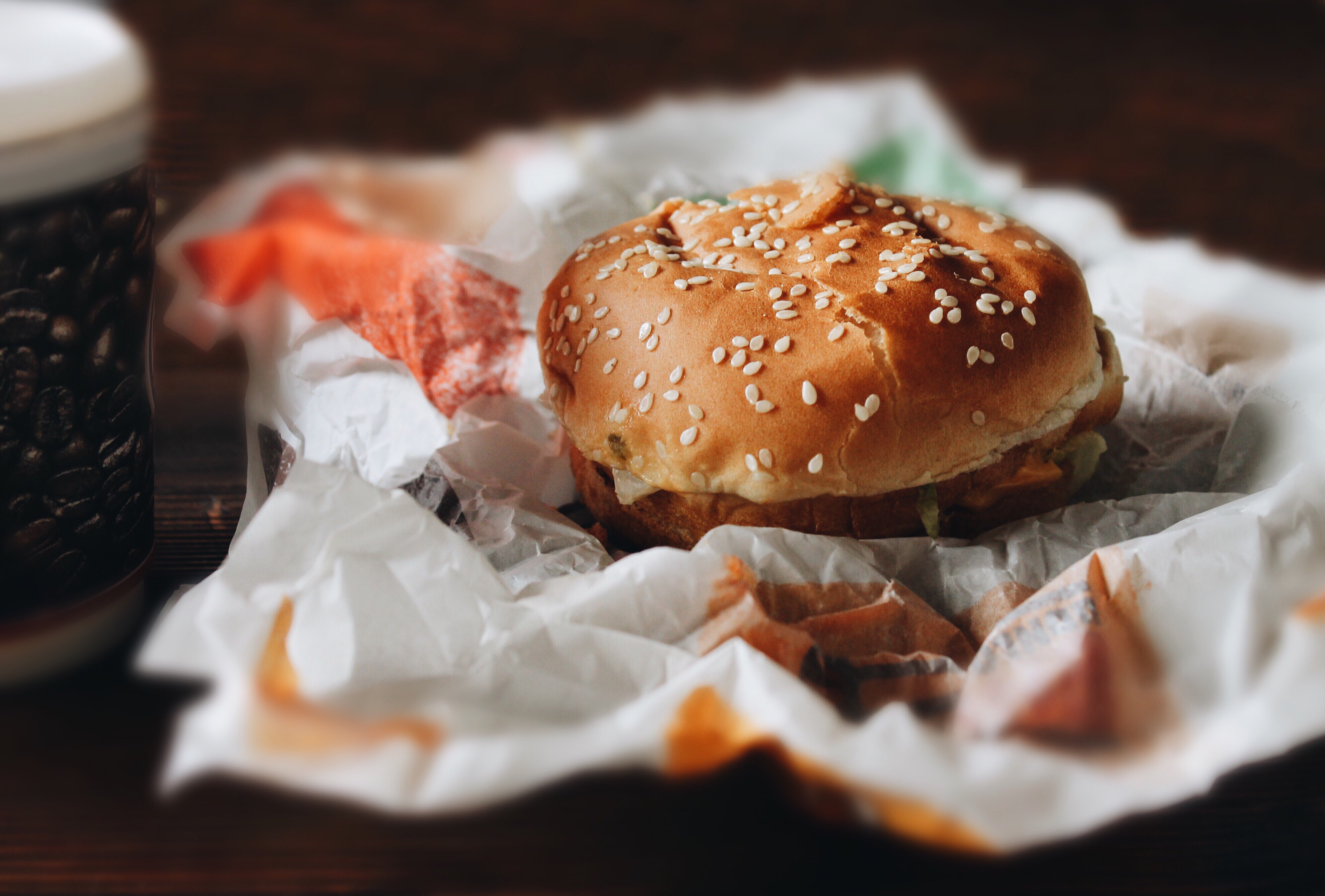
Fast food offers a convenient solution for busy lifestyles, but it often comes with hidden health costs, particularly concerning cholesterol levels. Many fast-food items are high in saturated fats and trans fats, contributing to elevated LDL cholesterol. The combination of fried foods, processed meats, and creamy sauces found in fast food can create a perfect storm for cholesterol elevation. Despite efforts by some fast-food chains to offer healthier options, many menu items remain laden with unhealthy fats. Burgers, fries, and milkshakes are popular choices that can significantly impact cholesterol levels if consumed regularly. Being aware of these hidden fats is essential for making informed dietary choices.
Opting for healthier fast-food alternatives, such as grilled chicken, salads, and fruit, can help manage cholesterol levels while still enjoying the convenience of fast food. Additionally, limiting fast-food consumption and focusing on home-cooked meals with fresh ingredients can support heart health and promote balanced cholesterol levels.
8. Processed Meats: The Salty Saboteurs of Cholesterol

Processed meats, such as sausages, bacon, and deli meats, are popular for their flavor and convenience but are notorious for their high saturated fat and sodium content. These salty saboteurs can significantly elevate cholesterol levels, increasing the risk of heart disease. The preservation methods used in processed meats often involve unhealthy fats, contributing to their negative impact on cholesterol. The convenience of processed meats makes them a staple in many diets, yet their hidden health risks should not be overlooked. Regular consumption of processed meats can lead to increased LDL cholesterol and other health issues, such as hypertension. Being aware of these risks is crucial for managing cholesterol levels.
Reducing processed meat intake involves making mindful choices about protein sources. Opting for fresh, lean meats or plant-based proteins can provide essential nutrients without the added saturated fats. Additionally, exploring creative cooking methods, such as seasoning with herbs and spices instead of relying on processed meats, can enhance flavor while supporting heart health.
9. Snack Foods: The Crunchy Culprits in Cholesterol Elevation
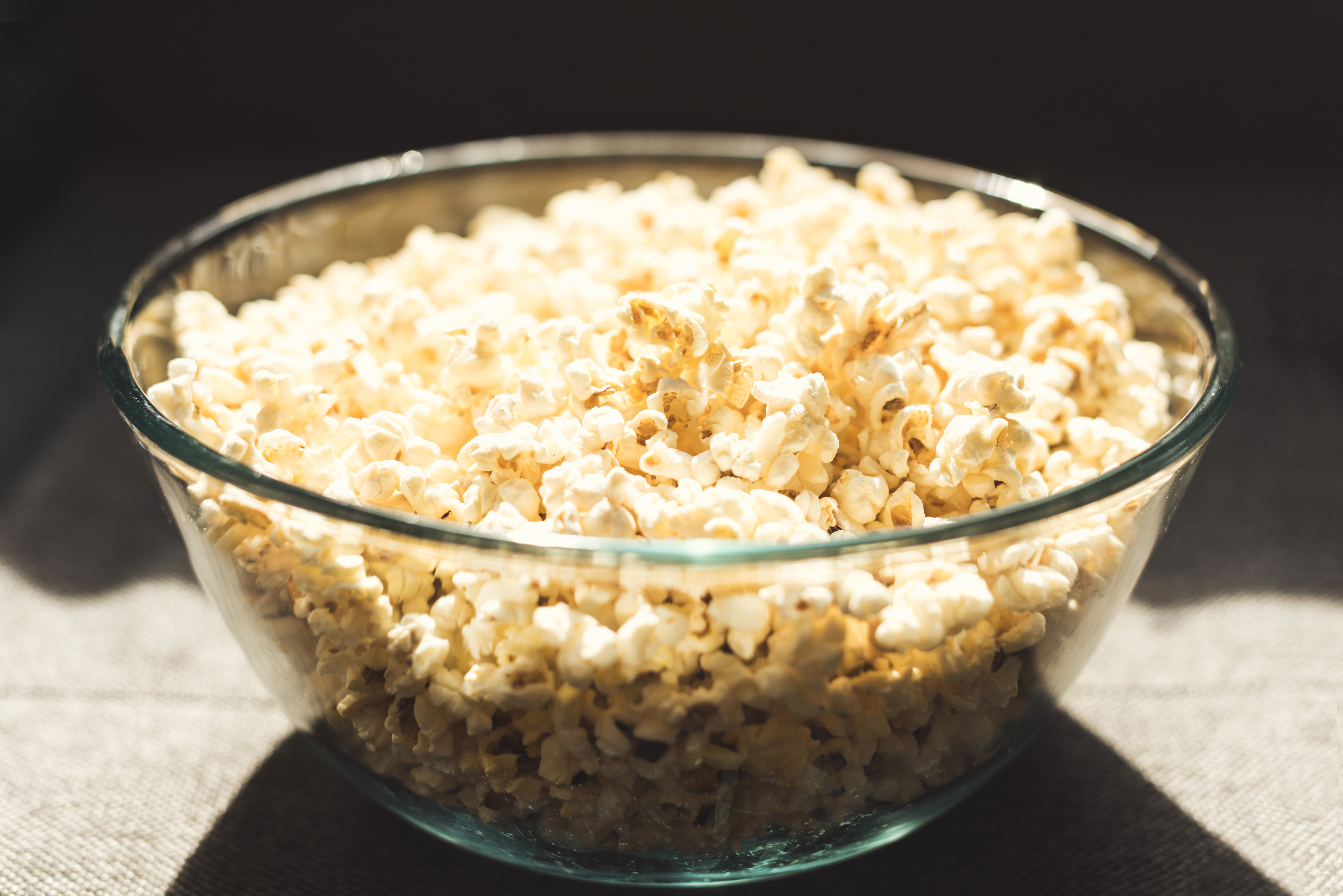
Snack foods, including chips, crackers, and popcorn, are convenient and satisfying but can be sneaky contributors to elevated cholesterol levels. Many snack foods are high in trans fats and saturated fats, hidden within ingredients like hydrogenated oils and butter. These crunchy culprits can significantly impact cholesterol levels if consumed regularly. The appeal of snack foods lies in their convenience and flavor, making them a popular choice for many individuals. However, the hidden fats in these foods can pose a risk to heart health. Being aware of these hidden fats and making informed choices is essential for managing cholesterol levels.
Choosing healthier snack options, such as nuts, seeds, and fruit, can provide satisfying flavors without the added unhealthy fats. Additionally, preparing homemade snacks with fresh ingredients can offer a heart-friendly alternative to packaged options. By being mindful of snack choices, individuals can enjoy their favorite treats while maintaining balanced cholesterol levels.
10. Fried Foods: The Crispy Culprits of Cholesterol

Fried foods, with their irresistible crispy texture, are a popular indulgence but can be significant contributors to elevated cholesterol levels. The frying process often involves unhealthy oils high in trans fats and saturated fats, which can raise LDL cholesterol. Popular fried foods, such as French fries, fried chicken, and doughnuts, can significantly impact cholesterol levels if consumed regularly. Despite their appeal, fried foods pose hidden health risks. The combination of unhealthy fats and high calorie content can contribute to weight gain and increased cholesterol levels, leading to a higher risk of heart disease. Being aware of these risks is crucial for making informed dietary choices.
Opting for healthier cooking methods, such as baking, grilling, or air frying, can provide similar flavors with less impact on cholesterol. Additionally, choosing healthier oils, such as olive or avocado oil, can further reduce the unhealthy fats in fried foods. By making mindful choices, individuals can enjoy their favorite crispy treats while supporting heart health.
11. Salad Dressings: The Hidden Fats in a Healthy Meal
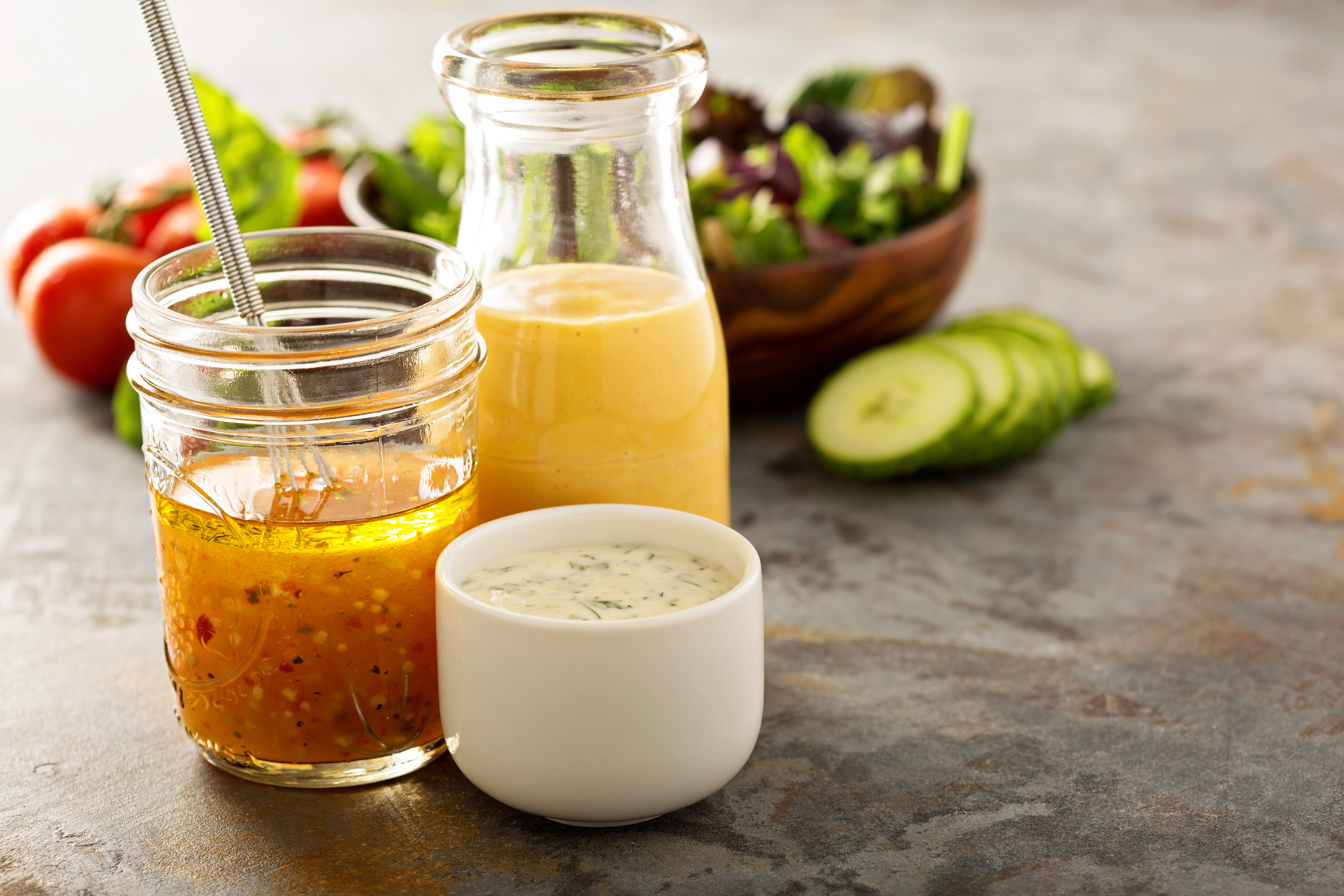
Salad dressings, often perceived as a healthy addition to meals, can be deceptive contributors to elevated cholesterol levels. Many commercial dressings contain high amounts of saturated fats and trans fats, hidden within ingredients like mayonnaise, cream, and hydrogenated oils. These hidden fats can significantly impact cholesterol levels, overshadowing the health benefits of salads. The convenience and flavor of bottled dressings make them a popular choice, yet they often contain unhealthy fats and added sugars. Being aware of these hidden ingredients is crucial for managing cholesterol levels and making informed dietary choices.
Opting for homemade dressings with fresh ingredients, such as olive oil, vinegar, and herbs, can provide delicious flavors without the added unhealthy fats. Additionally, exploring alternative dressings, such as yogurt-based or vinaigrette options, can offer a heart-friendly complement to salads. By being mindful of dressing choices, individuals can enjoy their salads while maintaining balanced cholesterol levels.
12. Packaged Soups: The Comforting Culprits of Cholesterol
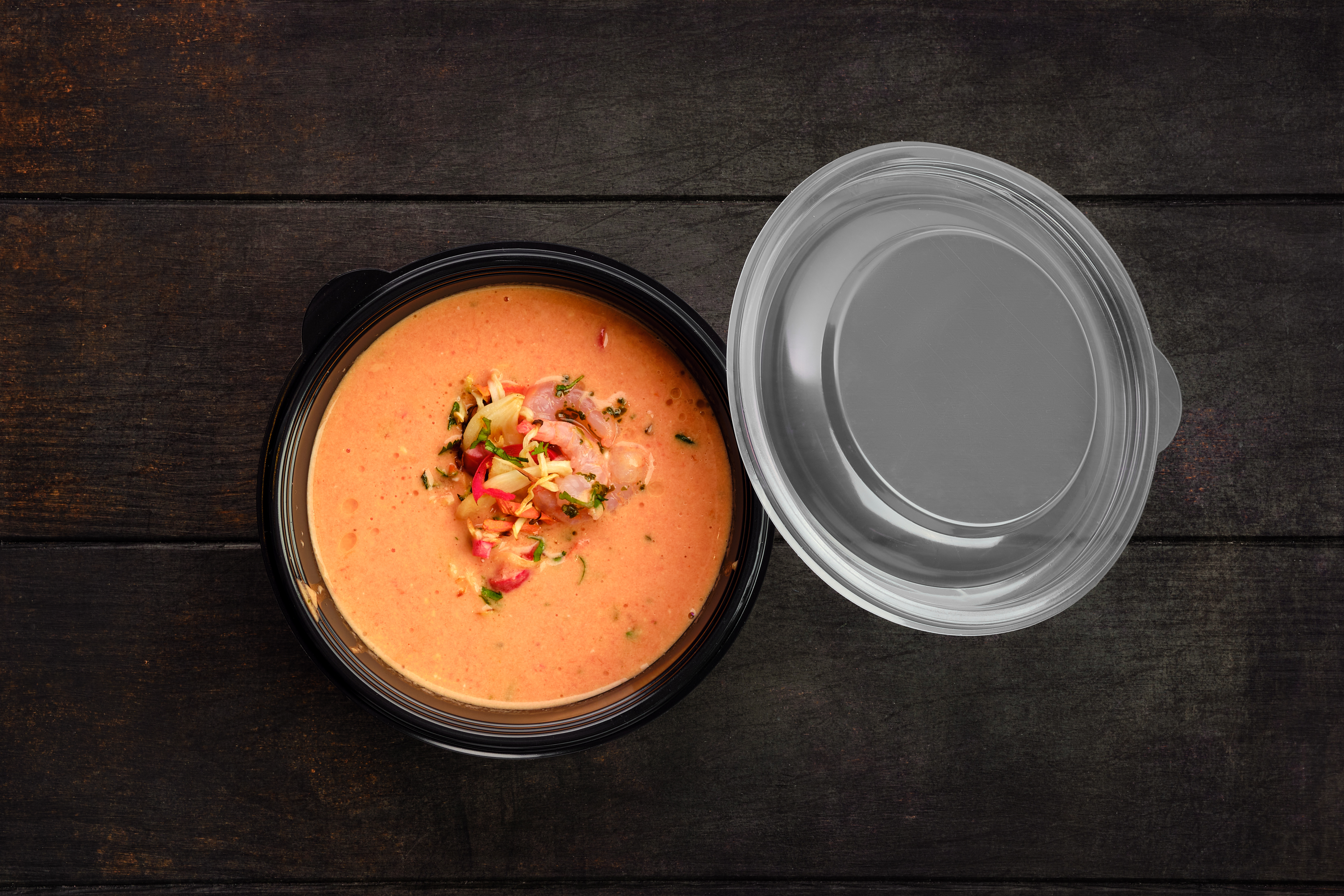
Packaged soups, known for their convenience and comfort, can be sneaky contributors to elevated cholesterol levels. Many canned and instant soups contain high amounts of saturated fats and sodium, hidden within ingredients like cream, butter, and processed meats. These comforting culprits can significantly impact cholesterol levels if consumed regularly. The appeal of packaged soups lies in their ease of preparation and satisfying flavors, making them a popular choice for many individuals. However, the hidden fats and sodium in these soups can pose a risk to heart health. Being aware of these hidden ingredients is essential for managing cholesterol levels.
Opting for homemade soups with fresh ingredients can provide similar comfort without the added unhealthy fats and sodium. Additionally, exploring low-fat or reduced-sodium packaged options can offer a heart-friendly alternative to traditional soups. By making mindful choices, individuals can enjoy their favorite comforting meals while supporting heart health.
13. Breakfast Cereals: The Sugary Saboteurs of Cholesterol

Breakfast cereals, often perceived as a healthy start to the day, can be deceptive contributors to elevated cholesterol levels. Many cereals contain high amounts of added sugars and unhealthy fats, hidden within ingredients like hydrogenated oils and artificial flavorings. These sugary saboteurs can significantly impact cholesterol levels if consumed regularly. The convenience and flavor of packaged cereals make them a popular choice, yet they often contain hidden sugars and unhealthy fats. Being aware of these hidden ingredients is crucial for managing cholesterol levels and making informed dietary choices.
Opting for whole-grain cereals with minimal added sugars can provide a healthier start to the day. Additionally, exploring homemade breakfast options, such as oatmeal or yogurt with fresh fruit, can offer a heart-friendly alternative to packaged cereals. By being mindful of breakfast choices, individuals can enjoy a nutritious start to their day while maintaining balanced cholesterol levels.
14. Alcohol: The Liquid Contributor to Cholesterol

Alcohol, often enjoyed in social settings, can be a sneaky contributor to elevated cholesterol levels. While moderate alcohol consumption has been associated with some heart health benefits, excessive intake can lead to increased cholesterol levels and other health issues. The type and amount of alcohol consumed can significantly influence its impact on cholesterol. Many alcoholic beverages, such as cocktails and mixed drinks, contain high amounts of added sugars and unhealthy fats, contributing to cholesterol elevation. Additionally, excessive alcohol consumption can lead to weight gain and increased triglyceride levels, further impacting heart health.
Moderation is key when it comes to alcohol consumption. Opting for heart-friendly beverages, such as red wine in moderation, can offer some health benefits without the added unhealthy fats and sugars. Additionally, being mindful of portion sizes and frequency of consumption can help manage cholesterol levels while still enjoying social occasions.
15. Hidden Sugars: The Sweet Saboteurs of Cholesterol

Hidden sugars, often found in processed foods and beverages, can be deceptive contributors to elevated cholesterol levels. While sugar itself doesn't contain cholesterol, excessive sugar intake can lead to weight gain and increased triglyceride levels, indirectly impacting cholesterol. The prevalence of hidden sugars in everyday foods makes them a significant concern for heart health. Many packaged foods, such as sauces, condiments, and snacks, contain hidden sugars, contributing to their appeal and flavor. Being aware of these hidden sugars is crucial for managing cholesterol levels and making informed dietary choices.
Opting for whole, unprocessed foods and reading labels carefully can help reduce hidden sugar intake. Additionally, exploring natural sweeteners, such as honey or maple syrup, can offer a heart-friendly alternative to refined sugars. By being mindful of sugar consumption, individuals can enjoy their favorite flavors while maintaining balanced cholesterol levels.
Taking Control of Your Cholesterol
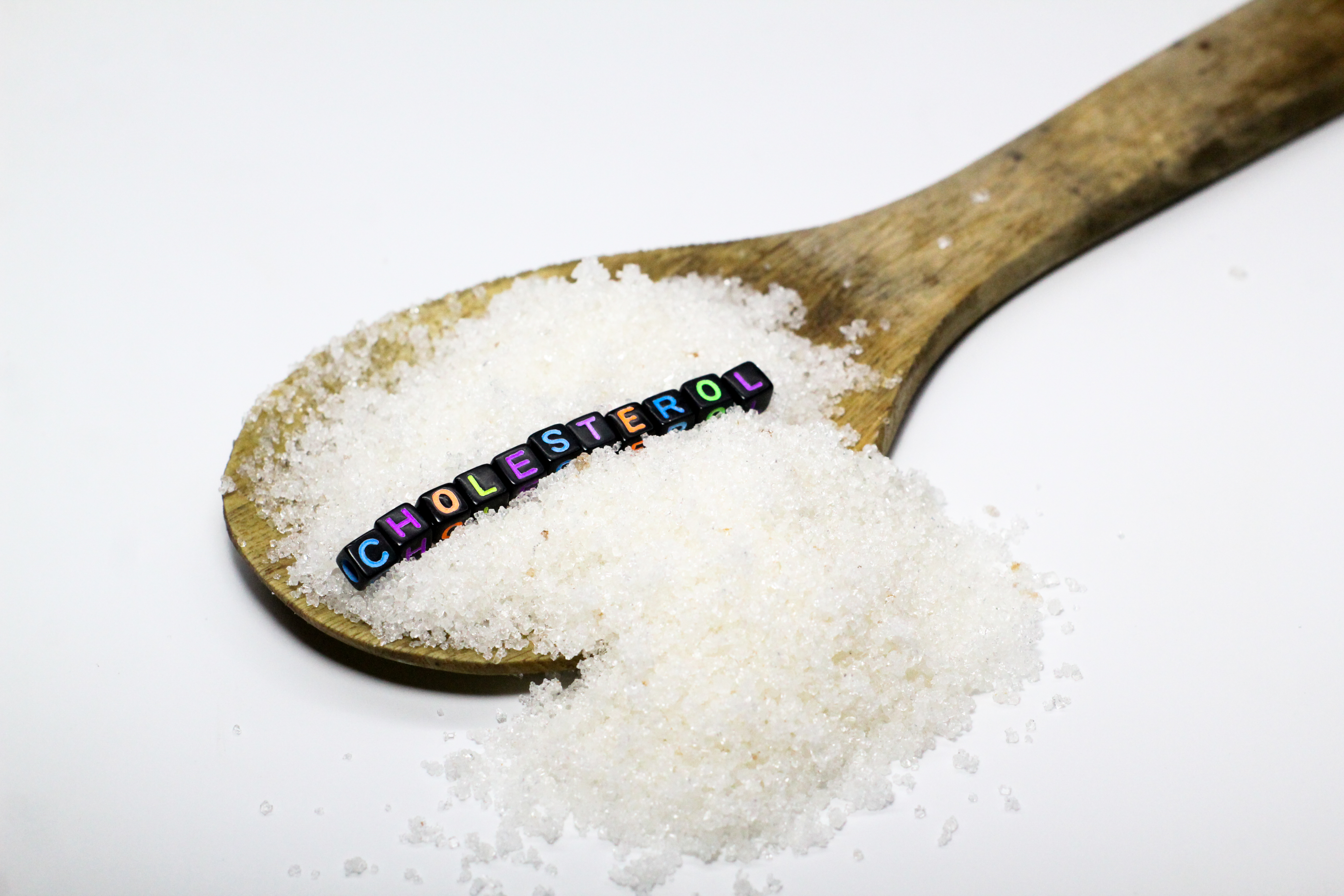
Understanding the hidden culprits lurking in our diets is essential for managing cholesterol levels and supporting heart health. By being aware of these fifteen sneaky dietary offenders, individuals can make informed choices and take control of their cholesterol. The journey to better heart health involves mindful eating, balanced nutrition, and a commitment to making healthier choices. While some foods may seem harmless, their hidden ingredients can significantly impact cholesterol levels. Taking control of cholesterol levels is a lifelong commitment to health and well-being. By understanding the hidden threats in our diets and making informed choices, individuals can protect their heart health and enjoy a vibrant, fulfilling life.